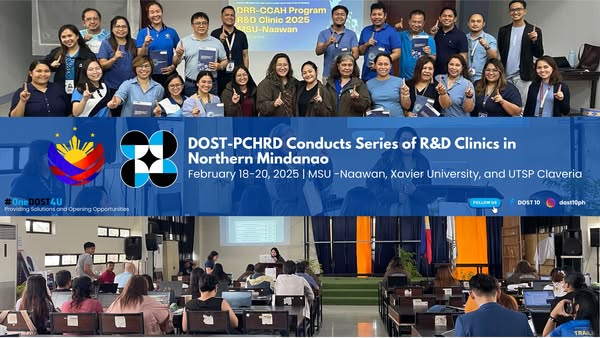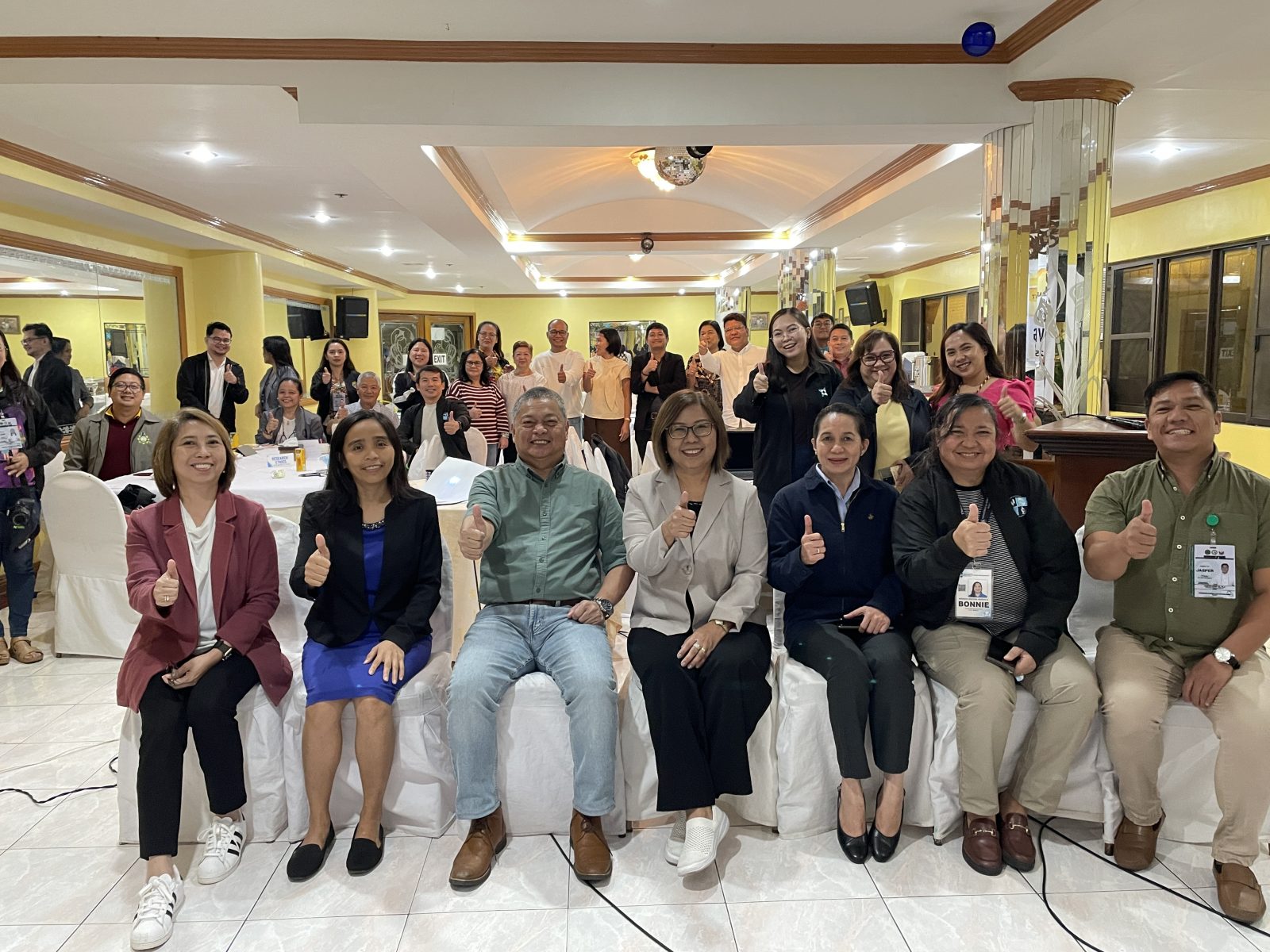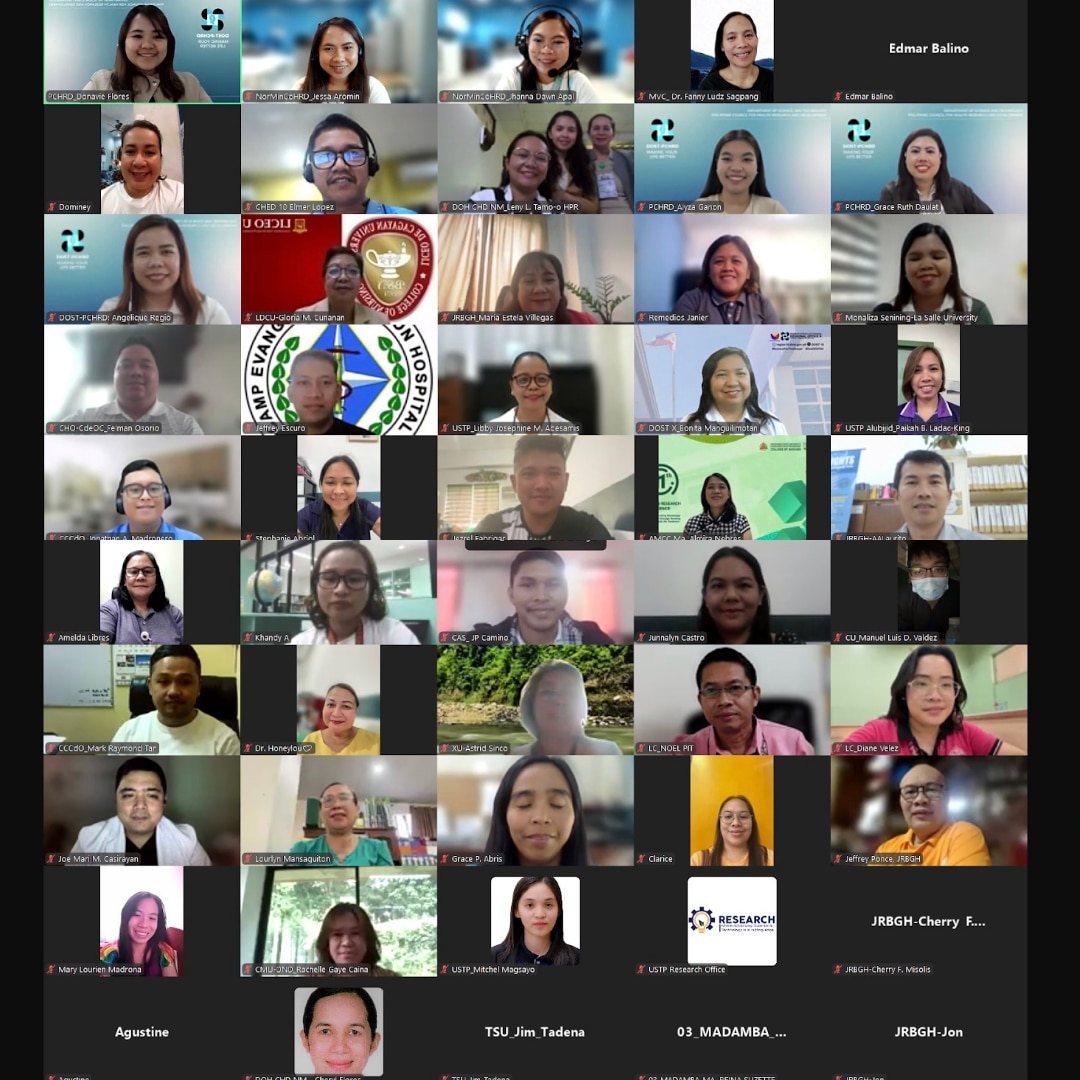The Department of Science and Technology- Philippine Council for Health Research and Development (DOST-PCHRD), University of the Philippines Manila (UP Manila), and the Fondazione Italiana Fegato (FIF), signed a memorandum of understanding (MOU) last August 18, 2021, to formalize the parties’ commitment to advance liver research in the Philippines.
According to data from the World Health Organization 2018, liver disease accounts for 7,491 or 1.23% of total deaths in the Philippines. “It is an opportune time to realize and to reiterate the state of the Philippines in terms of liver health and why this collaboration and these actions we are taking are just as crucial in improving the lives of our countrymen,” DOST-PCHRD Executive Director Jaime Montoya said as he highlighted liver diseases as a persistent health concern in the country.
What to expect
An offshoot of the existing cooperation between the DOST-PCHRD and FIF, this tripartite partnership will promote joint research efforts and capacity-building initiatives on liver research both for Filipino and Italian researchers. One of the core outputs to be expected is the organization of the Philippine Liver Network composed of Filipino academic and research institutions. “The network will become the natural hub in which the collaboration between the Foundation, DOST, and UP Manila will be harbored,” said FIF President Decio Ripandelli, emphasizing the importance of the network in enabling sustainable liver research in the country.
An offshoot of the existing cooperation between the DOST-PCHRD and FIF, this tripartite partnership will promote joint research efforts and capacity-building initiatives on liver research both for Filipino and Italian researchers. One of the core outputs to be expected is the organization of the Philippine Liver Network composed of Filipino academic and research institutions. “The network will become the natural hub in which the collaboration between the Foundation, DOST, and UP Manila will be harbored,” said FIF President Decio Ripandelli, emphasizing the importance of the network in enabling sustainable liver research in the country.
Under the MOU, the DOST-PCHRD is tasked to oversee the initiatives to be undertaken by the cooperating parties. As one of the country’s premier institutions on research, UP Manila is mandated to lead the conduct of R&D efforts aligned with the objectives of the program. Lastly, the FIF, a leading institution in the field of translational research in liver diseases, will be sharing its expertise in establishing liver disease research programs with its Philippine counterparts.
The program will explore the application of various fields of research such as OMICS technologies, animal and non-animal models for liver diseases, and artificial intelligence in the context of liver disease. UP Manila through Chancellor Carmencita Padilla expressed the institution’s anticipation for the expected outputs of the program. “We envision to promote multidisciplinary investigations of liver health and disease. We look forward to novel treatment approaches. We look forward to more cutting-edge care for liver diseases and clinical trials,” she said.
What has been done
Various initiatives have been launched to jumpstart the partnership’s activities according to Dr. Janus Ong, lead of the liver research program in the Philippines. As a result of the partnership between the DOST-PCHRD and FIF back in 2019, four Filipino researchers are currently undergoing a fellowship program focused on molecular hepatology at the University of Trieste, Italy. Dr. Ripandelli commended the work of the Filipino fellows who were able to produce at least five publications in international peer-reviewed journals in the past year.
Various initiatives have been launched to jumpstart the partnership’s activities according to Dr. Janus Ong, lead of the liver research program in the Philippines. As a result of the partnership between the DOST-PCHRD and FIF back in 2019, four Filipino researchers are currently undergoing a fellowship program focused on molecular hepatology at the University of Trieste, Italy. Dr. Ripandelli commended the work of the Filipino fellows who were able to produce at least five publications in international peer-reviewed journals in the past year.
In 2020, the liver research agenda was formulated in collaboration with the Alliance for Improving Health Outcomes (AIHO) which will guide liver research strategies to be undertaken in the future. As of August 2021, research proposals are already in the pipeline which will be submitted to the DOST-PCHRD and UP Manila for funding support.








